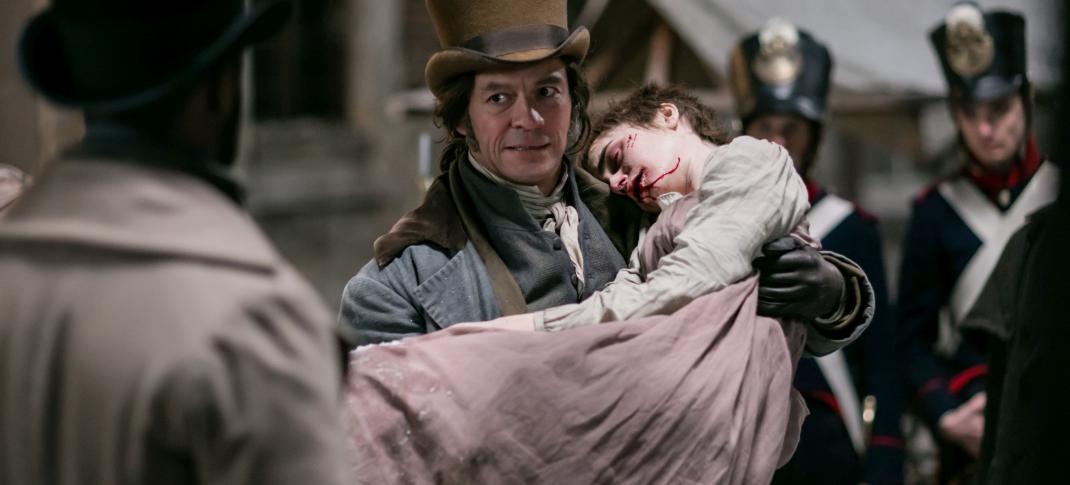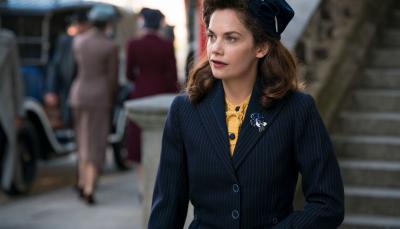The Real History Behind 'Les Miserables' Episode 2: 1819

The new Masterpiece adaptation of Les Miserables contextualizes the popular story in France's larger history. Our companion series runs down the history behind the gritty new version of Les Mis and asks how accurate each week's installment is. This week, we take a look at the second episode.
Fantine's Fall
While this episode had moments with Marius, the Thénardiers, and Valjean vs. Javert, the hour belongs to Lily Collins as Fantine. Considering the raw brutality she lives through as her world collapses, the question is, how much of that was real? The answer is, basically all of it.
At the time, there was no public education, so Fantine would almost certainly have been illiterate, and having a public scribe write her letters and read them to her would have been commonplace. Women who had children out of wedlock were considered harlots. Hence, Fantine's telling everyone her husband died. Even if that were true, however, women with children couldn't get work. Turning to prostitution was common, so much so it is remarkable that Fantine sells her good looks before she sells her body. Oh and the creepy Hair and Teeth man? Totally a real thing. The hair was sold to make dolls; the teeth for dentures for the rich.
Valjean's Saving of Fantine
The scene of Fantine's arrest, including a man throwing down her dress and Valjean's subseuent rescue of her, was based on a real incident that author Victor Hugo experienced.
For those who don't know, Hugo was tagged as a literary genius in his late teens and rose pretty high in French society during the 1830s and 40s. According to David Bellos, who chronicled Hugo's writing of the novel, an incident of this nature happened in front of Hugo one day, in which the prostitute was harassed into attacking her middle-class tormentor. (And she too snapped when he put snow down her dress.) When the police arrived and immediately arrested her for daring to touch someone above her station. Hugo was so appalled that he attempted to intervene. The middle-class gentleman walked away, naturally; but Hugo wound up going down to the station to give testimony and get the poor woman released.
A Note on Gavroche & Éponine
Please be advised; the show isn't kidding about Gavroche's parents. That cute little street urchin from the musical, who seems to be a kid mascot to the revolutionaries? In the original novels, he's Éponine's younger brother, and the Thénardier's eldest son. The family tells him to make his way on the streets because they can't feed him, and besides, Mme Thénardier only really cares about her daughters, and her husband only cares about making money.




